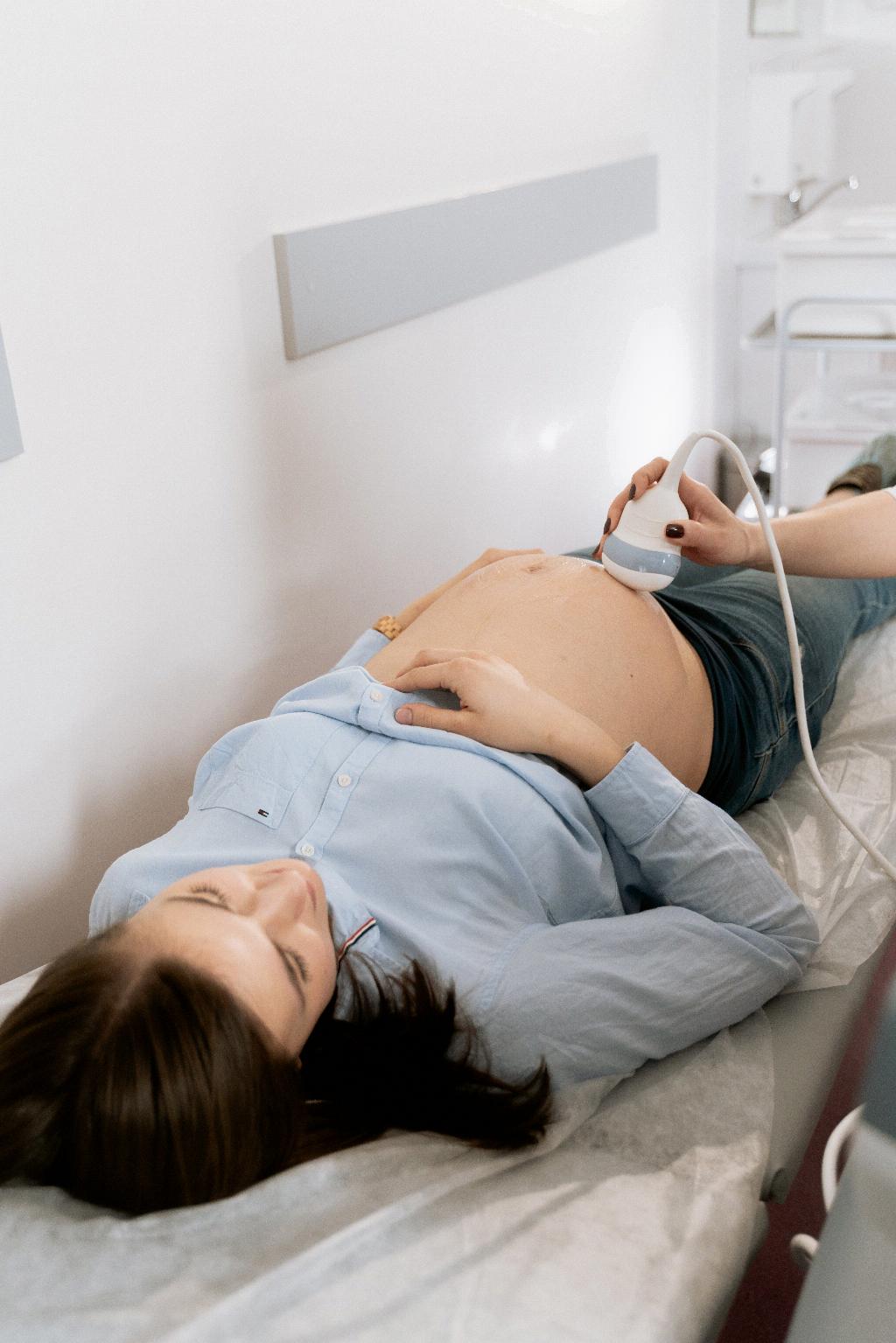If you’re wondering about the timing of when a pregnancy can be detected through ultrasound, it’s essential to understand that the answer isn’t a one-size-fits-all scenario. The ability to detect a pregnancy through ultrasound can vary depending on several factors, including the accuracy of your menstrual cycle and the progress of the embryo’s development.
Early Detection: Around Six Weeks
Typically, pregnancy care providers can detect the presence of an embryo through ultrasound as early as six weeks into the pregnancy. At this stage, the embryo is still in the early stages of development, but it’s often possible to see it on the ultrasound screen. This early detection can be a significant milestone for expecting parents, as it marks the beginning of a visible confirmation of the pregnancy.
Embryo to Fetus: Around Eight Weeks
By the eighth week of pregnancy, the embryo undergoes a crucial transformation into a fetus. This transition is a pivotal moment in the pregnancy journey, as the fetus begins to take on a more recognizable human form. Pregnancy care providers can often distinguish the developing fetus on the ultrasound around this time, providing expecting parents with a more detailed glimpse into their growing baby’s progress.
Challenges with Menstrual Cycle Accuracy
While the ability to detect a pregnancy through ultrasound is generally reliable around six to eight weeks, there can be challenges when the accuracy of your menstrual cycle is in question. If your last menstrual period isn’t a reliable indicator of the pregnancy timeline, it may be too early to detect a fetal heartbeat or verify the presence of a developing embryo.
Importance of Timely Ultrasound Examinations
Timely ultrasound examinations play a crucial role in monitoring the progress of a pregnancy. By scheduling ultrasounds at key points in the pregnancy timeline, healthcare providers can assess the health and development of the fetus, identify any potential concerns, and provide necessary guidance and care to expectant parents.
Emotional Impact of Ultrasound Detection
For many expecting parents, the moment of detecting a pregnancy through ultrasound holds immense emotional significance. Seeing the visual confirmation of a developing embryo or fetus on the ultrasound screen can evoke feelings of joy, excitement, and a deep connection to the new life growing within the womb.
Medical Insights and Diagnostic Capabilities
Beyond the emotional impact, ultrasound detection of pregnancy also serves essential medical purposes. Healthcare providers use ultrasound imaging to assess fetal growth, detect any abnormalities or complications, and provide accurate dating of the pregnancy, helping to ensure optimal prenatal care and a healthy outcome for both the mother and baby.
Variances in Detection Timing
It’s important to note that individual differences and factors can influence the timing of when a pregnancy is detectable through ultrasound. While six to eight weeks is a common timeframe for detection, some cases may require additional monitoring or specialized ultrasound techniques to confirm the presence of a pregnancy accurately.
Supporting Expectant Parents
As healthcare providers work to detect and monitor pregnancies through ultrasound, their goal extends beyond medical assessments. Supporting expectant parents through clear communication, compassionate care, and valuable information is a vital aspect of the pregnancy journey, fostering confidence, reassurance, and a positive experience for all involved.
Anticipating Major Milestones
For many expectant parents, the early detection of pregnancy through ultrasound marks the beginning of a series of major milestones in the journey to welcoming a new baby. From seeing the first fetal movements to hearing the baby’s heartbeat, each ultrasound appointment offers a unique opportunity to witness the miraculous process of life unfolding and to bond with the growing baby.
Celebrating the Miracle of Life
Ultimately, the ability to detect a pregnancy through ultrasound, whether at six weeks or later in the pregnancy, underscores the miracle of life and the remarkable journey of parenthood. Each ultrasound image, each heartbeat heard, serves as a poignant reminder of the love, hope, and endless possibilities that come with the gift of bringing a new life into the world.

